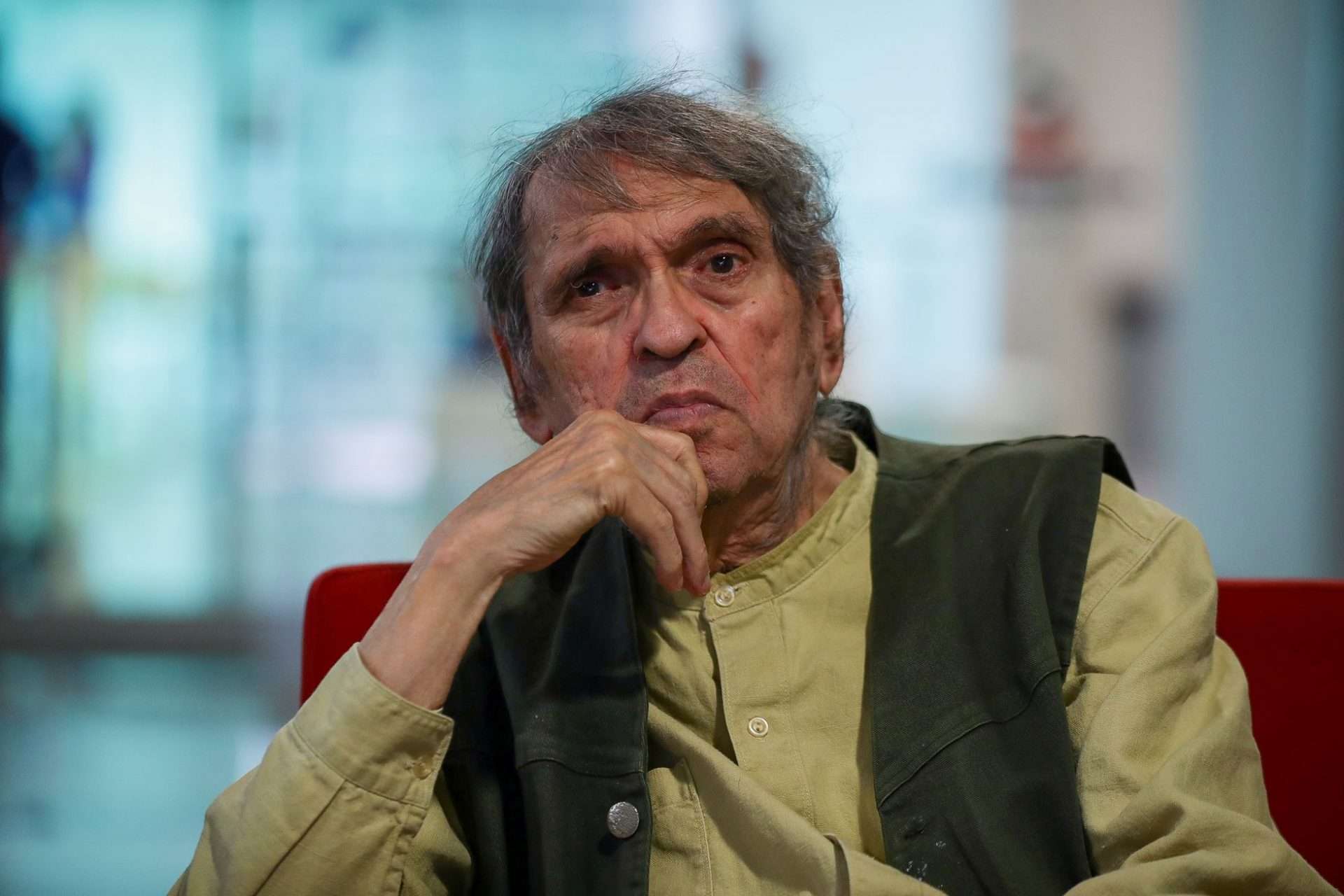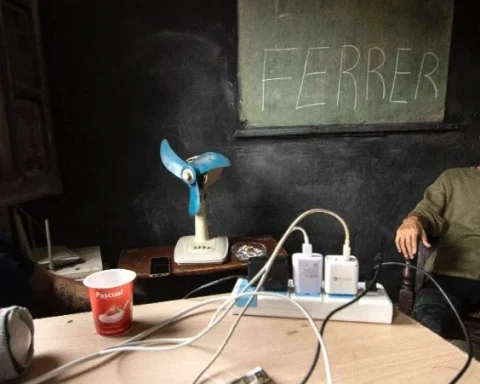The poet Venezuelan Rafael Cadenas was confirmed this Thursday as the winner of the Cervantes Prize, the highest literary honor in the Spanish language. The Ministry of Culture and Sports of Spain, which delivers it, stressed that “this is the first award-winning author of Venezuelan nationality, which widens the geographical scope of winners of this award.”
Cadenas, 92, has published more than 20 books, where he displays his conceptual tools with power in poetry and essays. Of her work, some highlight the poems Outdoor, Lover Y Answers.
??️ The Minister of Culture and Sport, @miquelicetaabout the jury’s decision: “This recognizes the transcendence of a creator who has made the #poetry a reason for its own existence and has taken it to heights of excellence in our language” pic.twitter.com/ci7joBRwxG
– Ministry of Culture and Sports (@culturagob) November 10, 2022
The jury highlighted “his vast and extensive literary work” and recognized “the transcendence of a creator who has made poetry a reason for his own existence and has taken it to heights of excellence in our language.”
Born in Barquisimeto in 1930, Cadenas belongs to the “generation of 1960” and was part of the group Tabla Redonda, along with Arnaldo Acosta Bello, Jesús Guédez, Ángel Eduardo Acevedo, Darlo Lancini, José Barroeta and Sanoja Hernández.
He is a translator of English poetry, was a university professor and has an extensive work of essays considered a reference of contemporary literary thought in Spanish, with titles such as Around language and Notes on San Juan de la Cruz and mysticism, according to his own biography published by the Spanish ministry.
Cadenas’ poetic and essayistic work has earned him recognitions such as the San Juan de la Cruz Prize (1992), the Mozarteum Foundation Prize in Venezuela (1993), the FIL Prize for Literature in Romance Languages (2012) and the Reina Sofía of Ibero-American Poetry (2018).
Spanish media highlight that Cadenas has also become an open critic of the procedures and objectives of Chavismo and is considered a symbol of the national democratic society. “The problem with any ideology is that it is already made, which hinders free thinking,” he stated in an interview a The country in 2020, at 90 years old.
The award, endowed with 125,000 euros ($126,000), usually alternates between Spanish and Latin American authors. It will be delivered on April 23 on the anniversary of the death of the author of the book The Ingenious Gentleman Don Quijote of La Mancha. The ceremony will be attended by King Felipe VI.
The Spanish poet Jorge Guillén was the first to receive the Cervantes Prize, in 1976. He was followed by the novelist and musicologist Alejo Carpentier. The Uruguayan poet Cristina Peri Rossi deserved it last year.

















